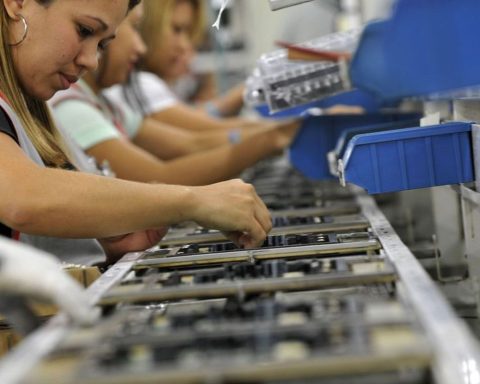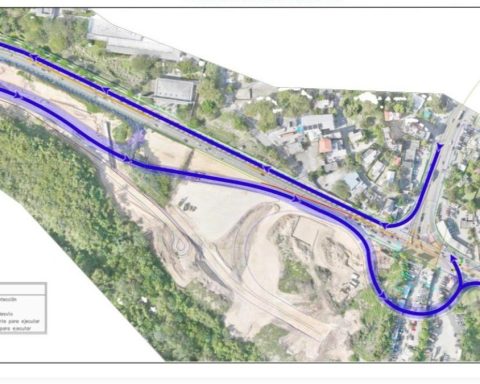The mass use of vaccines with the messenger RNA (mRNA) technological platform, such as the one produced by Pfizer against covid-19, are among the big news for the general population since the beginning of the pandemic, in 2020. who are at the cutting edge of discovering immunizers, however, this technology was an old bet that was finally validated with the resources mobilized by the health emergency.
Head of the Research and Development Department focused on Discovery and Pre-Clinical Trials at GlaxoSmithKline (GSK) in Belgium, Yannick Vanloubbeeck leads a team of more than a thousand scientists in the European country working on projects of new vaccines against antigens such as the respiratory syncytial virus (RSV) and human papillomavirus (HPV). For him, the global effort of governments, companies and scientists allowed the mRNA platform to reach vaccination posts, but now more work is needed to understand what other diseases this technology will be useful against.
“The mRNA platform is one of the tools in the toolbox. It’s a resource we’ve been researching for decades, but it hadn’t translated into success until the Covid-19 pandemic. Fortunately, it’s a new platform for vaccine development. of the future, although it is still a recent tool, in which we need to continue working on generating data to validate it. We know that it works for a specific antigen, but we do not know if it is applicable for other diseases, more complex diseases and treatments”, he says he.
The researcher says that one must be cautious and rely on data and science. “People have already tried mRNA approaches for malaria, and the data has not been good enough. Now the platform has evolved and validated with a virus. The job now is to understand how relevant it is to other targets.”
GSK and other pharmaceutical companies are focusing more efforts on understanding the applications of mRNA technology. In Brazil, there are also ongoing studies at public universities and at the Institute of Technology in Immunobiologicals of the Oswaldo Cruz Foundation (Bio-Manguinhos/Fiocruz).
The severity of the covid-19 pandemic has thrown the spotlight on the work of scientists and made the public seek more information about how vaccines are made and work. At the same time, anti-vaccine groups gained strength and reached places where they had not previously impacted immunization programs, such as Brazil.
“Certainly the pandemic has brought light to the importance of investing early in new technological platforms. Scientists, whether those who worked on the vaccine for covid or those working on more classic platforms, we like recognition when our work in the laboratory turns into a solution, but unfortunately not all research becomes a vaccine, or a drug, in the end”, he says, who sees scientific data as a possible vaccine against anti-vaccinationism: “We need a wider community sharing data and being more transparent with all data that we have, to make sure that data can convince people.”
Vanloubbeeck hopes that one of the long-term consequences of the pandemic will be the maintenance of faster vaccine development and approval processes in regulatory bodies. He recognizes that this is unlikely to happen for all vaccines and points out that it is necessary to keep in mind that it is possible to speed up and simplify processes.
For people who have become interested in scientific work and research on new vaccines with the covid-19 pandemic, the researcher leaves a message that you need to be resilient to work with science.
“First, it’s something you have to have inside of you, a passion for working on something that has an impact on people. That’s what’s going to keep you going through your day, because the percentage of research you do that turns into a product is minimal. , and you have to be resilient. But if you have the passion that, at some point, you are going to work on something that is going to impact people’s lives, that will make you get up and go about your day even when it’s hard, and the data is difficult to understand”, he adds.
In addition, the researcher points out that science is evolving rapidly and will need people with solid training in immunology, genetics and data science. “We are in a world of data, where a single piece of equipment can generate millions of pieces of information. We need people who can integrate, understand and analyze all this mass of information that is being generated. And the more you understand, the more you will be able to predict what’s to come. Among the areas where scientists of the future should invest their time is also data science.”
*The reporter traveled to Wavre, Belgium, at the invitation of GlaxoSmithKline (GSK)

















